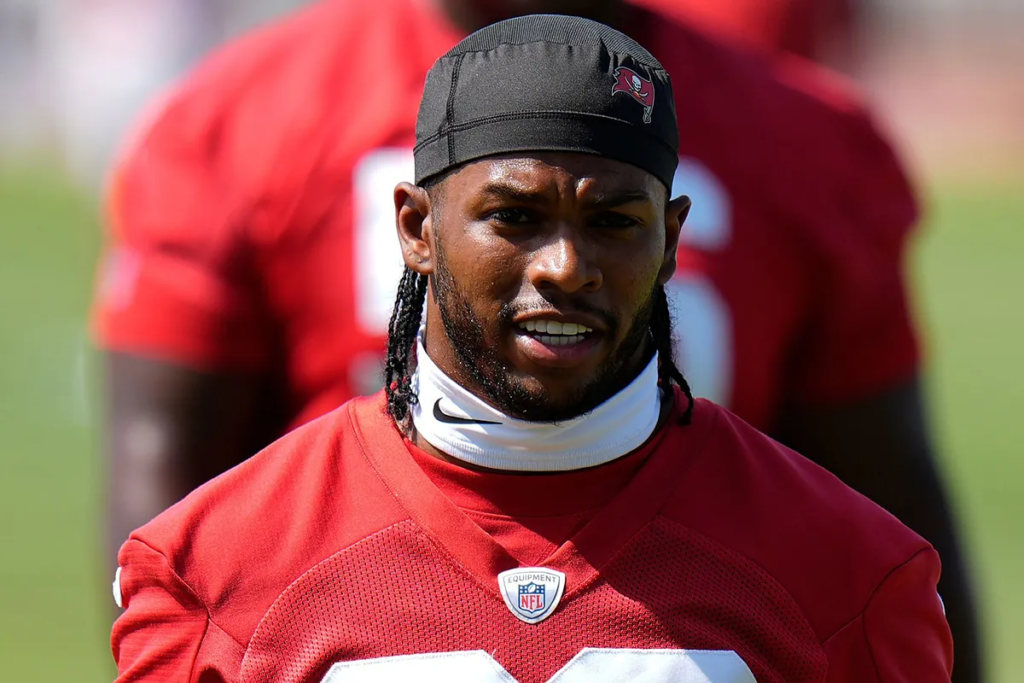Despite being widely projected as a first-round talent, and even mocked to Tampa Bay Buccaneers in some circles as a potential successor to 30-year-old Baker Mayfield,Shedeur Sanders never made it onto general manager Jason Licht’s board.
“It’s very, very high,” Licht said on the FieldTalkPod when asked about the weight he gives to character over skill.
“I would just tell you when we’ve missed, we rarely miss on the player. We miss on the person, and you have to have the right kind of person.”
Licht revealed he goes as far as handing ownership a “blacklist” the day before the draft, highlighting players, often high-profile ones, the Buccaneers refuse to consider based on red flags.
“I give my owners a document the day before the draft,” Licht explained, “and said, ‘Okay, this is so you know: there’s a section of players that are probably going to go in the first round that… we don’t have on our board.
“So don’t be shocked when these players get picked and we don’t have them on the board.'”
Sanders didn’t make the cut
By any metric, Sanders had a remarkable college career. He threw for 7,364 yards and 64 touchdowns, won the Johnny Unitas Golden Arm Award, and showcased impressive poise in a chaotic Colorado environment that included being coached by his father, Deion “Coach Prime” Sanders.
Off the field, Shedeur’s influence soared, with NIL deals pushing his valuation to around $6.5 million, making him one of the highest-paid college athletes in the country.
But for Licht, all of that wasn’t enough. Sanders’ physical profile, measuring in at 6-foot-1 and 198 pounds, drew mixed reviews from scouts. While praised for his courage and accuracy in the pocket, concerns lingered over his anticipation, mobility, and fit in a high-pressure NFL system.
Internally, the Bucs were also cautious about the distractions that come with Sanders’ brand, social media presence, and the expectations that follow the Coach Prime circus.
Tampa chose to go with Ohio State wideout Emeka Egbuka in the first round and passed on quarterback until later rounds, when they picked developmental prospects Michael Pratt and Jordan McCloud.
Interestingly, they did select Shedeur’s younger brother, safety Shilo Sanders, later in the draft, signaling that the family name wasn’t a disqualifier in itself.
The difference is that Shilo’s role as a projected special teams ace or rotational safety carried lower stakes and fewer spotlight expectations.
Read the full article here

